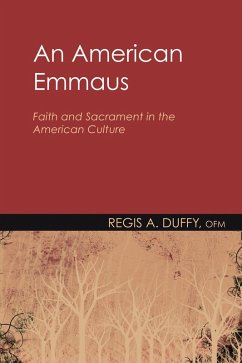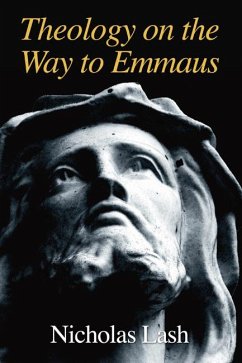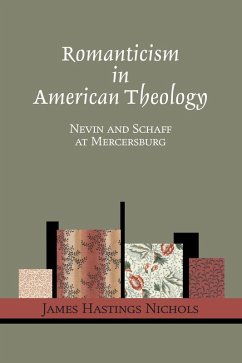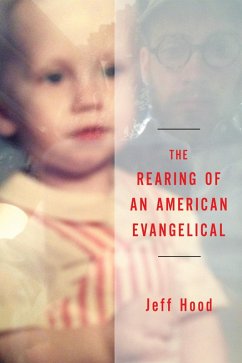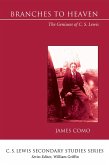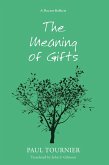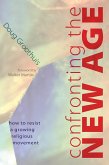A penetrating study of the impact of culture on the Catholic Church in the U.S., and the importance of the Church to the culture. "Emmaus," writes the author, "is not only the name of a town in the gospel of Luke. It is also a state of mind." He portrays the American Emmaus as an ongoing conversion walk of twentieth-century Christians who attempt to recognize the crucified and risen Christ within the complex and pluralistic cultures of the United States. He focuses on the connections between being Catholic and American at this point in history, challenges the Church to give witness to the gospel message, and shows how it is through liturgy (the gathered American community) that the Church once again takes the walk to Emmaus. Here are insights not only for Catholics but for Christians of every denomination.
Dieser Download kann aus rechtlichen Gründen nur mit Rechnungsadresse in A, D ausgeliefert werden.

